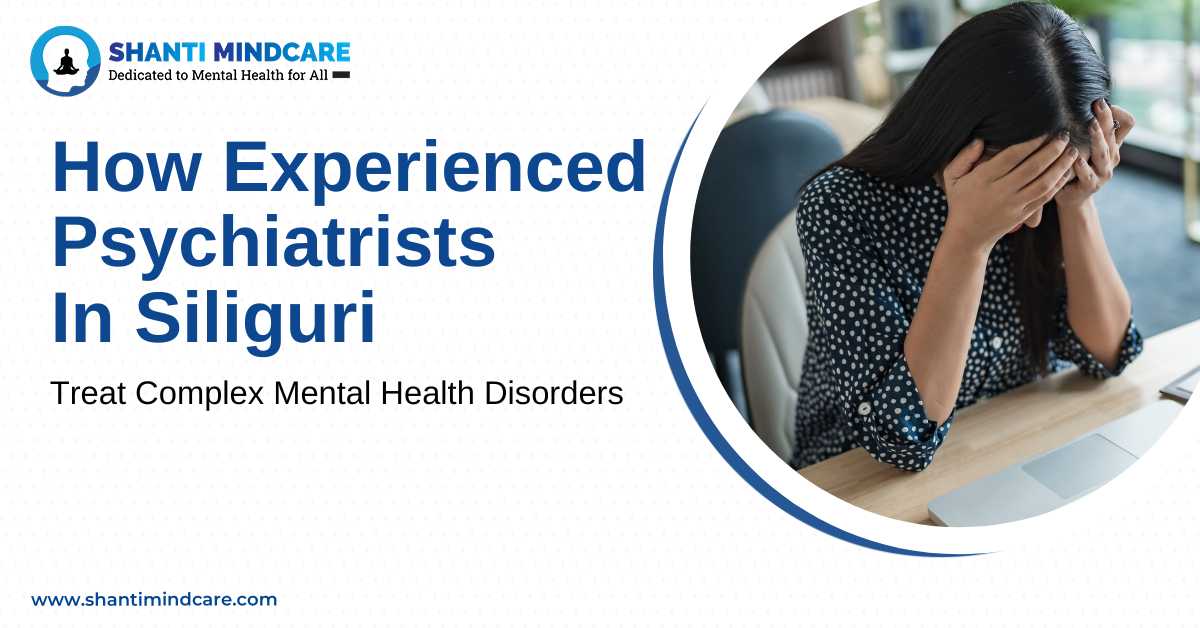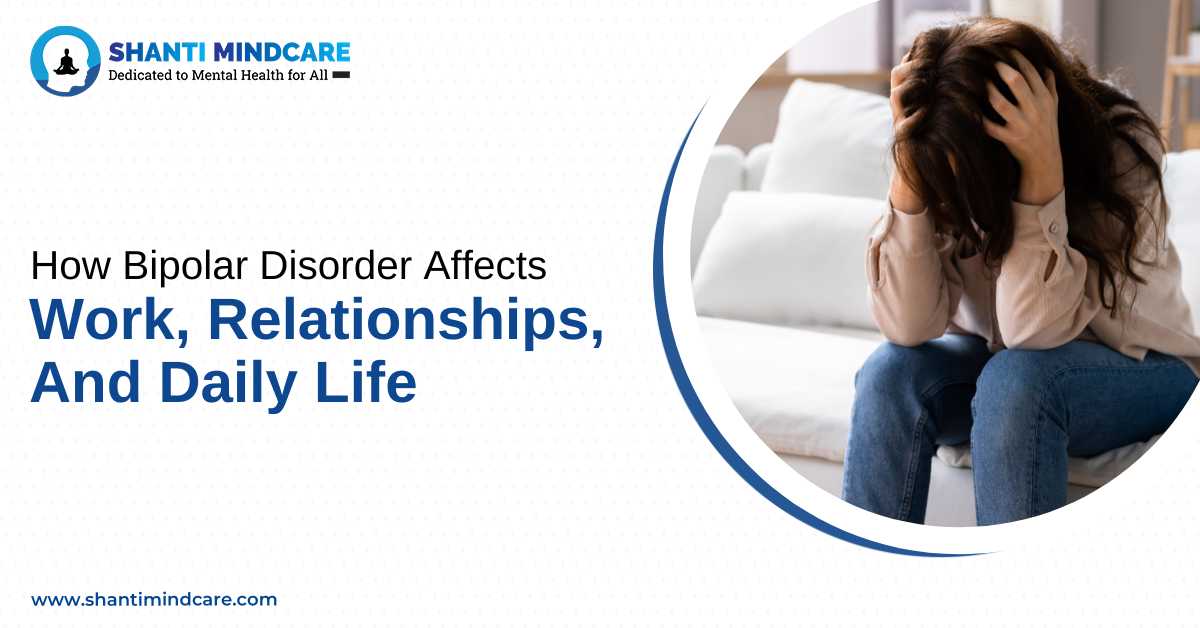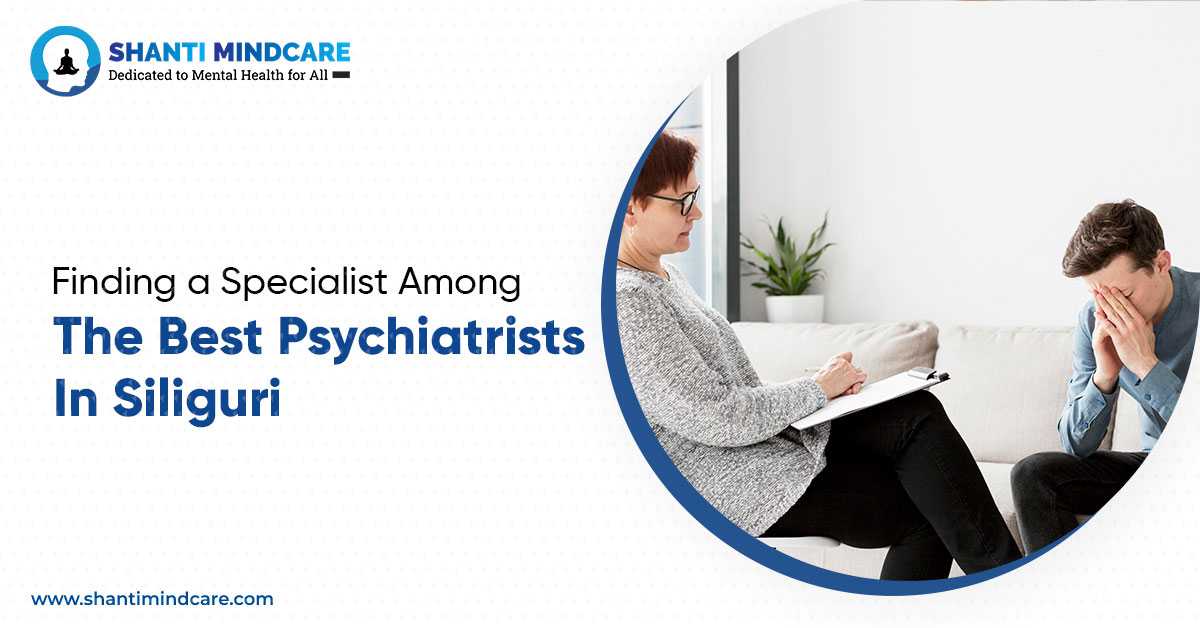No uncommon disease is depression in older people. Older age is prone to several health conditions. However, a strategic lifestyle can prevent your elderly from such concerns. Many people without having a risk factor for depression develop it. Seeking medical advice early on is wise.
Late-life depression is never to ignore as it affects the quality of life to a great extent. The way depression hurts young people can be different for the elderly. It might seem confusing if it’s depression or signs associated with aging. For old age care in Siliguri, visit a reputed centre in town.
Geriatric depression, in simple words, is a mental health condition affecting older people, a mood disorder. Signs of geriatric depression may differ from one older adult to another. The good news is that effective treatments for this mood disorder are available.
Signs & Symptoms
Here’re some signs of depression:
- A feeling of hopelessness/worthlessness
- Restlessness
- Sadness
- Apathy
- Lack of concentration
- Fatigue
- Irritability
- Social withdrawal
- Body pain/aches
- Crying spells
- Suicidal thoughts
- Sleep issues
- Changes in appetite
Not everyone develops the same set of symptoms. If you notice any such sign in your elderly, see him/her a doctor. Receive optimal elderly care at the most trusted old age home in Siliguri. The reason for geriatric depression is not well understood. Healthcare professionals suspect a few risk factors, such as:
- Genetical factors
- Substance misuse
- A history of alcohol use disorder
- Stressful life
- Disability
- Brain structure & brain chemistry
- Medication overuse/abuse, such as beta-blockers, stimulants, anticonvulsants
- Lack of supportive network
- Being female
- Living alone
- A family history of clinical depression
- Fear of death
- Presence of a chronic disease
- A recent loss of a loved one
Many studies found that insomnia is a potential risk factor for depression. If your elderly has ongoing sleep issues, best to consult a doctor. Having sleep issues doesn’t mean depression for sure. It has various reasons and is common but nothing to overlook. Plus, body aches can be a potential sign of depression in the elderly.
Diagnosis & Treatment
In order to rule out if the elderly have depression, a psychiatrist may ask several questions to the person. Questions regarding how long such feelings have been there, what brought on such feelings, any past/previous history of depression, types of symptoms, the stress in life, substance dependency, or family history of depression in a first-degree relative. Get your elderly the most optimal old age care in Siliguri.
Doctors might order a blood test to examine if there’s an underlying disease/condition. Common forms of treatments for depression healing include psychotherapy/talk therapy, lifestyle improvements (eating well, yoga/physical activity, joining a support group (online/offline), medications, electroconvulsive therapy, etc. Follow-up check-ups with medical care are more likely to benefit healing.






